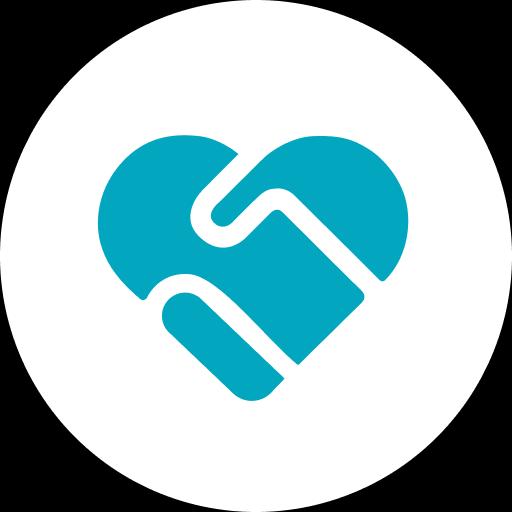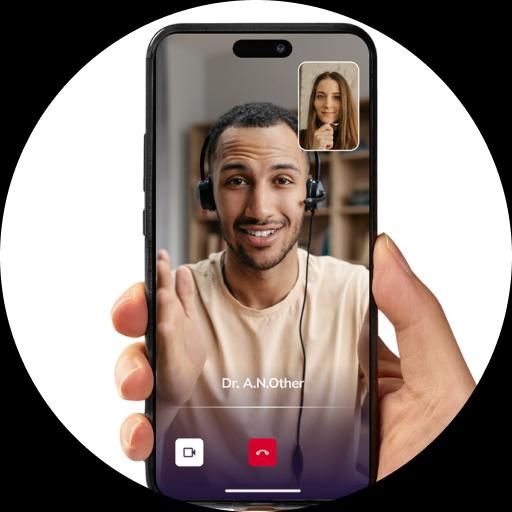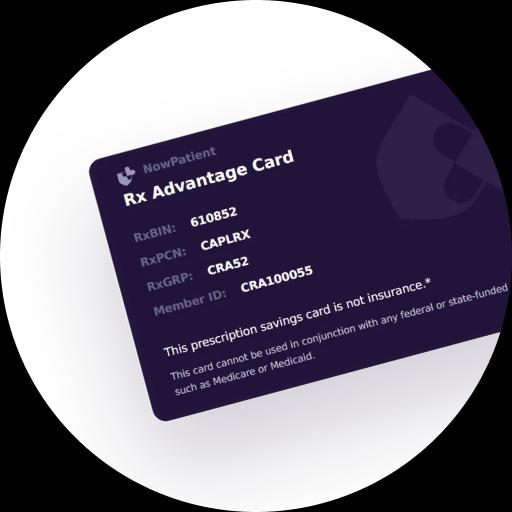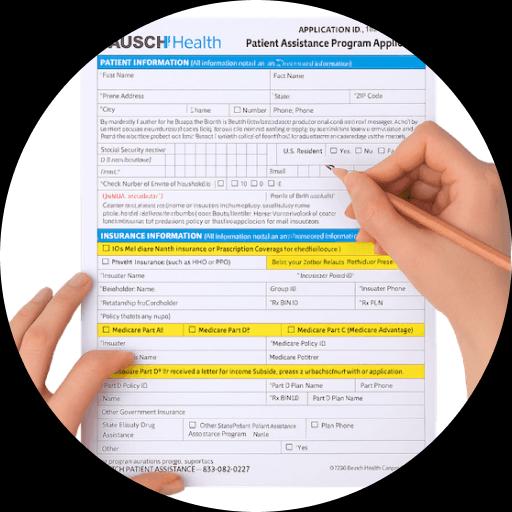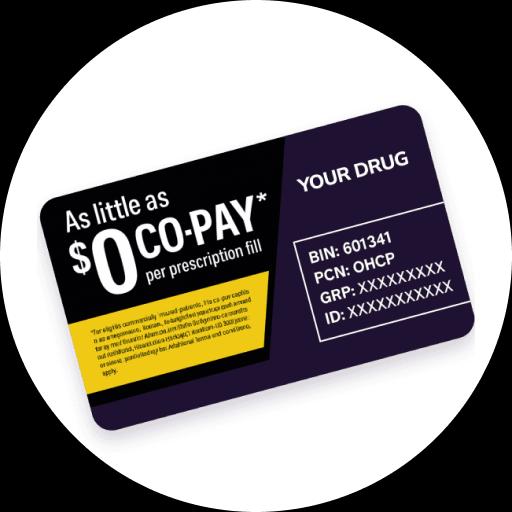Save on Immune Globulin Subcutaneous (Human) with Coupons, Discounts & Savings Programs


Start Saving Today!
Lower the Cost of Your Immune Globulin Subcutaneous (human) Prescription
More great savings
View Related Brands
MEDICAL INFORMATION
Immune Globulin Subcutaneous (human) Key Facts
What dosages is Immune Globulin Subcutaneous (Human) available in?
Immune Globulin Subcutaneous (Human) is available as a 200 mg/mL (20%) protein solution for subcutaneous infusion.
What is Immune Globulin Subcutaneous (Human) used for?
Immune Globulin Subcutaneous (Human) is an immune globulin and is used to treat primary immunodeficiency or PI (a condition that makes you have trouble fighting infections).
How does Immune Globulin Subcutaneous (Human) work?
Immune Globulin Subcutaneous (Human) is a replacement for immunoglobulin G (IgG). IgG is a type of antibody that the immune system naturally makes to help fight off viruses and bacteria to prevent infections. But people with primary immunodeficiency don’t have enough IgG that works properly, which raises their risk of infections. The exact way Immune Globulin Subcutaneous (Human) works isn’t completely known. But it’s thought to work by boosting your immune system to help prevent infections.
How do I take Immune Globulin Subcutaneous (Human)?
Immune Globulin Subcutaneous (Human) is typically given as an injection under the skin using an infusion pump. How often you need injections ranges from once per day to once every 2 weeks.
- Your dose depends on your body weight, previous dose of immune globulin therapy, and lab results. Your provider will calculate and adjust your dose, your infusion rate, and how often you need infusions based on how well you respond to the medication
- Your provider might also change your dose if you’ve been exposed to measles and if you’re at risk of measles exposure (e.g., traveling to certain places)
Is it safe for me to take Immune Globulin Subcutaneous (Human)?
Immune Globulin Subcutaneous (Human) is a safe and effective treatment when used for FDA licensed indications. However, like all medications, they may give you unwanted side effects. You should always discuss potential side effects with your physician to ensure the medication is suitable and right for you. You should not use this medication if you have any of the following:
- Severe allergy to IgG when given as an injection under the skin
- Immunoglobulin A deficiency with antibodies against IgA and a previous allergic reaction to immune globulin
Immune Globulin Subcutaneous (Human) Common Side Effects
Common side effects of Immune Globulin Subcutaneous (Human):
- Infusion-site reactions, such as pain, redness, and itching
- Headache
- Nausea
Immune Globulin Subcutaneous (Human) Serious Side Effects
Serious side effects are rare with Immune Globulin Subcutaneous (Human). Contact your healthcare provider immediately if you experience any of the following.
- Blood clots: in the lungs (cough, difficulty breathing, chest pain); in the leg (redness, pain, tenderness, swelling); near the heart (chest pain, arm or shoulder pain, neck or jaw pain); in the brain (difficulty speaking, numbness on one side of the body, confusion)
- Kidney problems: tiredness, dry and itchy skin, low appetite, urinating less than usual, foamy or bloody urine, muscle cramps
- Lung problems: severe breathing problems, wheezing or rattling while breathing, chest pain, fever
Brain inflammation: severe headache, neck stiffness, sensitivity to light, painful eye movements - Breakdown of red blood cells: tiredness, dizziness, weakness, yellowing of the skin or eyes, dark-colored urine
- Serious allergic reaction: difficulty breathing, tightness in the throat, hives, fast heartbeat, dizziness, lightheadedness, swelling in the face or tongue
Effects of other drugs, drug classes and over-the-counter products on Immune Globulin Subcutaneous (Human)
The following medications may interact with Immune Globulin Subcutaneous (Human):
- Passive transfer of antibodies may transiently interfere with the immune responses to live virus vaccines, such as measles, mumps, rubella, and varicella
Who makes Immune Globulin Subcutaneous (Human)?
Various FDA-approved generic manufacturers
Is Immune Globulin Subcutaneous (Human) safe in pregnancy?
It is not known if Immune Globulin Subcutaneous (Human) can harm your unborn baby. It should be used during pregnancy only if the potential benefit justifies the potential risk to the fetus.
What is the brand name for Immune Globulin Subcutaneous (Human)?
Medical Disclaimer
NowPatient has taken all reasonable steps to ensure that all material is factually accurate, complete, and current. However, the knowledge and experience of a qualified healthcare professional should always be sought after instead of using the information on this page. Before taking any drug, you should always speak to your doctor or another qualified healthcare provider.
The information provided here about medications is subject to change and is not meant to include all uses, precautions, warnings, directions, drug interactions, allergic reactions, or negative effects. The absence of warnings or other information for a particular medication does not imply that the medication or medication combination is appropriate for all patients or for all possible purposes.
OUR CUSTOMERS VIEW
What Customers Love About Our Service
We want everyone to be happy and healthy, that’s what keeps us going. Read what some of them have to say about us.
Medicines Experts
Meet Our Medical Team
We are a broad skilled and passionate group of clinicians with experience of operating in health systems in the United Kingdom & United States. Providing excellent care and advice is at the heart of everything we do. You can read more about our medical team by visiting the medical team page or learn more about how we curate content by visiting our editorial process




